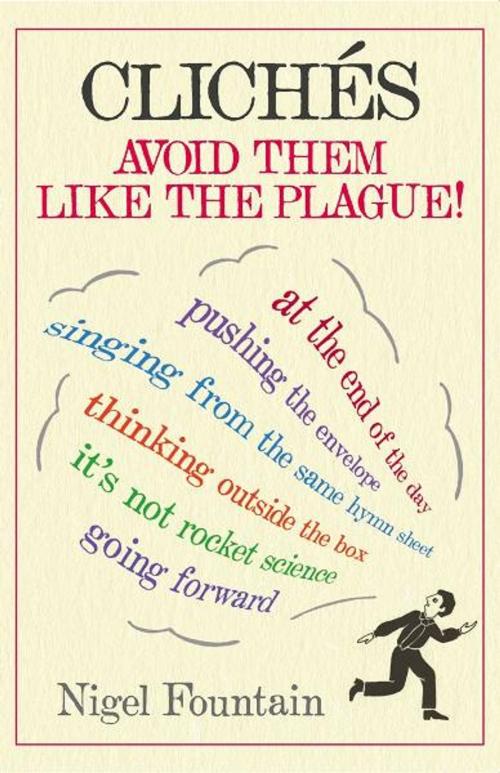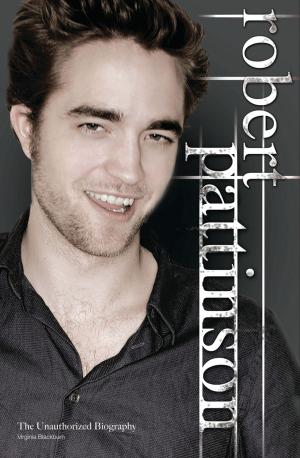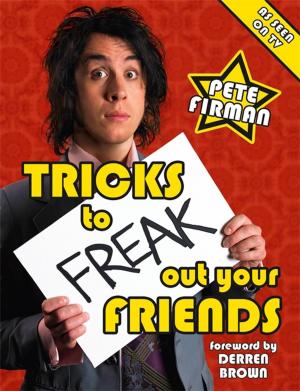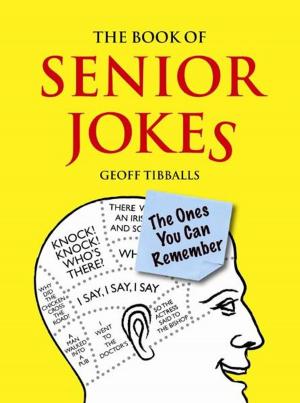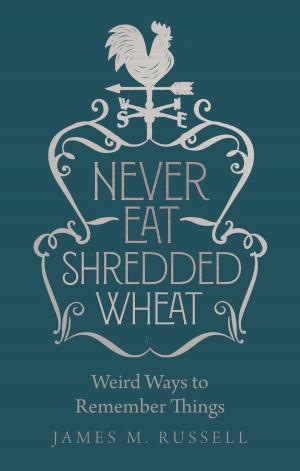| Author: | Nigel Fountain | ISBN: | 9781843177968 |
| Publisher: | Michael O'Mara | Publication: | September 6, 2012 |
| Imprint: | Michael O'Mara | Language: | English |
| Author: | Nigel Fountain |
| ISBN: | 9781843177968 |
| Publisher: | Michael O'Mara |
| Publication: | September 6, 2012 |
| Imprint: | Michael O'Mara |
| Language: | English |
At the end of the day, when it comes to getting your head around clichés, everybody seems to be singing from the same hymn sheet. Clichés have become such a familiar part of the English language and people's everyday speech that many are now trite, meaningless and often quite irritating. This book looks at clichés in their many forms - once useful but overworked catch phrases ('move the goal posts'), worn-out sayings ('all hands on deck'), pointless phrases used to conceal a weak argument ('to be perfectly honest'), technical terms used out of context ('collateral damage'), and many others. It shows where they came from and, with examples from people who ought to know better, why they should be avoided. Entertaining and informative, this collection of clichés really is the best thing since sliced bread . . .
At the end of the day, when it comes to getting your head around clichés, everybody seems to be singing from the same hymn sheet. Clichés have become such a familiar part of the English language and people's everyday speech that many are now trite, meaningless and often quite irritating. This book looks at clichés in their many forms - once useful but overworked catch phrases ('move the goal posts'), worn-out sayings ('all hands on deck'), pointless phrases used to conceal a weak argument ('to be perfectly honest'), technical terms used out of context ('collateral damage'), and many others. It shows where they came from and, with examples from people who ought to know better, why they should be avoided. Entertaining and informative, this collection of clichés really is the best thing since sliced bread . . .
